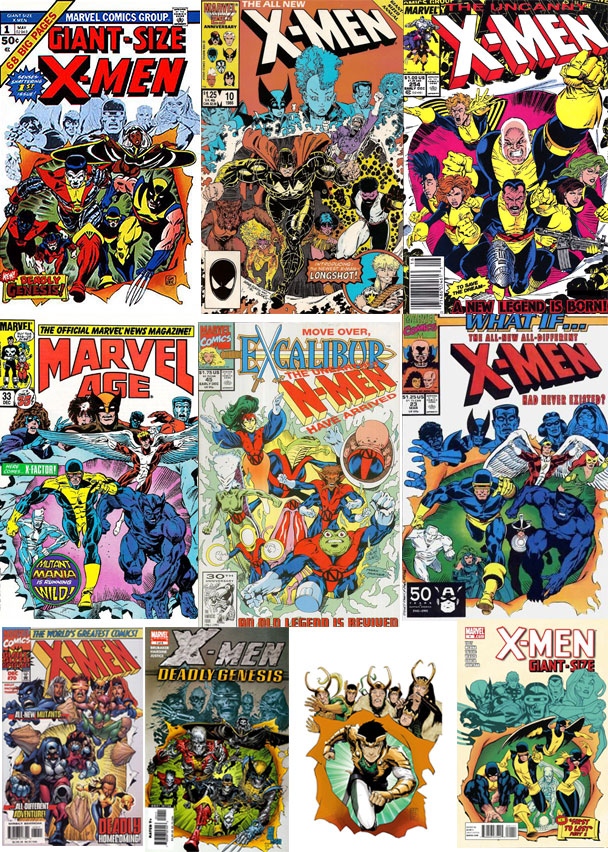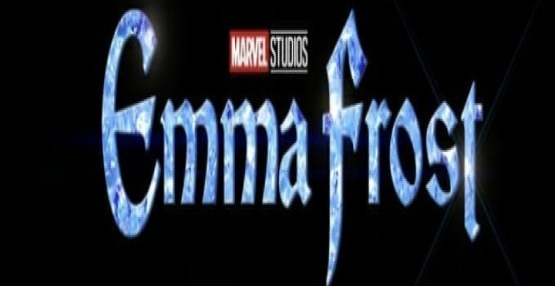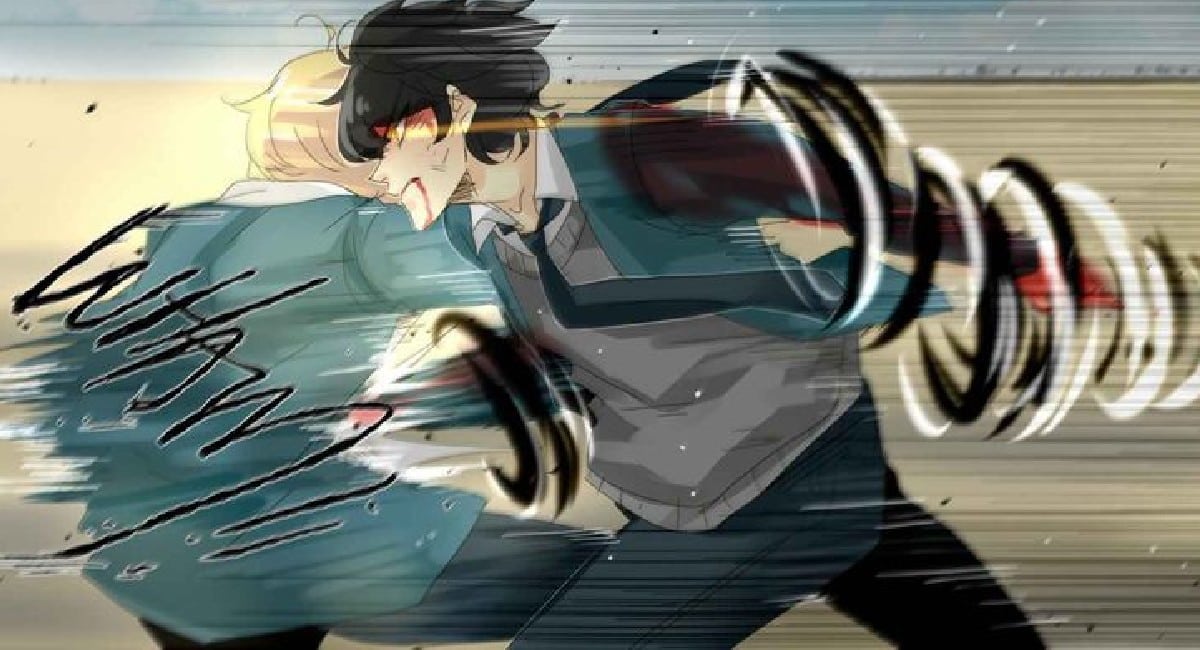
#14 in my ranking of Tony Scott’s filmography.
I’m not entirely sure if this would be a good film from the same script directed by someone else, but I think I can say for sure that Tony Scott was exactly the wrong director to bring this script to screen. The script has its own problems, for sure, but Scott was never a guy for building tension over extended periods of screentime, and that’s exactly what this script needed. It’s essentially The King of Comedy in the sports world, made all the more obvious by the casting of Robert de Niro in a very similar role as to what he had in Scorsese‘s film, and that requires a quieter, more subtle touch than Scott’s aggressive edging towards cool action cinema. Essentially, so much of this film, while perhaps questionably written at best, is filmed wrong.
Gil (de Niro) is a knife salesman, the son of the firm’s founder who has since passed, and on a downslope. He’s divorced with a son, Richie (Andrew Ferchland), while his ex-wife, Ellen (Patti D’Arbanville), barely tolerates his existence. The only thing that really seems to give him joy is Giants baseball and the prospect of a winning season behind the newly acquired Bobby Rayburn (Wesley Snipes) on a $40 million contract from the Braves. Representing the skeptical side of things is the radio host Jewel Stern (Ellen Barkin). Now, the opening half hour or so is probably the film’s strongest. It’s when Scott has the least excuse for stylistic flourishes because the opening is about introducing characters and situations, not clashing them against each other.

It’s here where we get a sense of Gil as a man barely clinging to sanity, how he could become attached to a superstar baseball player he’s never met (getting to exchange a few words on the phone over the radio show has an effect), and how Rayburn has his own doubts about being worth the money. It’s not a great opening, the film honestly just taking on too much, in particular Rayburn’s son Sean (Brandon Hammond) who really is no more than a plot device for the final act, the low point being Rayburn visiting a dying child in a hospital and promising a home run (the film is not absent its baseball cliches).

Where the script has some interesting things is that both Gil and Rayburn enter their own independent spirals. Gil gets fired, leaves Richie at the opening day game so he can go across town in the middle of it for a sales call, greatly angering his ex-wife in the process and having a restraining order placed on him. Rayburn gets injured during a flyball catch, colliding with the left fielder Primo (Benicio del Toro) who wears Rayburn’s lucky number 11 and won’t give it up, leading to Rayburn entering a batting slump. The problem is the edit is pretty much pure chaos, and it seems like a good part of this section was created in the edit, especially a sequence with Gil at Candlestick Park that obviously includes footage from three games (the pitcher wears St. Louis reds, the catcher wears Colorado purples, and Gil’s footage seems to come from at least two games based on his stubble).
Where Scott fails is in the fact that he’s not a tension-focused filmmaker. He’s an action filmmaker, so he doesn’t know how to hold quiet moments and extend them out as threats become palpable. He speeds through those to get to people swinging at each other in any way possible. So, the descent of Gil into madness is gleaned over with greater focus on him showing up to a hotel where the team is staying to confront Primo about giving up the number 11 to Rayburn to stop his skid. The actual moment of Gil showing up in a sauna feels abbreviated and gets cut short, only to come back to it a moment later to show how it resolved in action-terms. It’s just not uncomfortable enough, tense enough, or shocking enough to actually work like it should, like Scorsese could make happen with Jerry Lewis just standing up from a chair.

Where I think the film just simply falls apart is in its final act with Gil finding a way to get close to Rayburn and that kid of his becomes the plot device that he was always meant to be. It all feels fake and wrong and amped up without the necessarily built tension from the beginning to really sell the threat. On top of all of this, Scott seems to have absolutely no feel for the game of baseball, and any footage from a game feels like an effort to make the game an action scene. Baseball is a game of tension, one where players and the spectators wait expectantly for something to happen at predictable intervals. It’s not an action movie, and it’s weird that Daniel Stern made a better baseball movie in Rookie of the Year than Tony Scott did here, but Stern actually likes baseball. I’m pretty sure that Scott didn’t.
So, it’s an overwrought thriller that’s short on thrills, absent of tension, and filmed like an action movie. The script underneath it all has its own issues, but Tony Scott was not the man to work through them. He just exacerbated the situation by filming it wrong.
That’s not to say that the film is completely worthless. De Niro and Snipes give fine performances. It looks good (Scott’s penchant for filming in rain is well-used here). The action beats, while inappropriate for the story overall, are decent. However, it’s really just a series of small pieces that don’t contribute well to the whole which has been mismanaged rather fully by the man in charge.
Originally published here



















 English (US) ·
English (US) ·